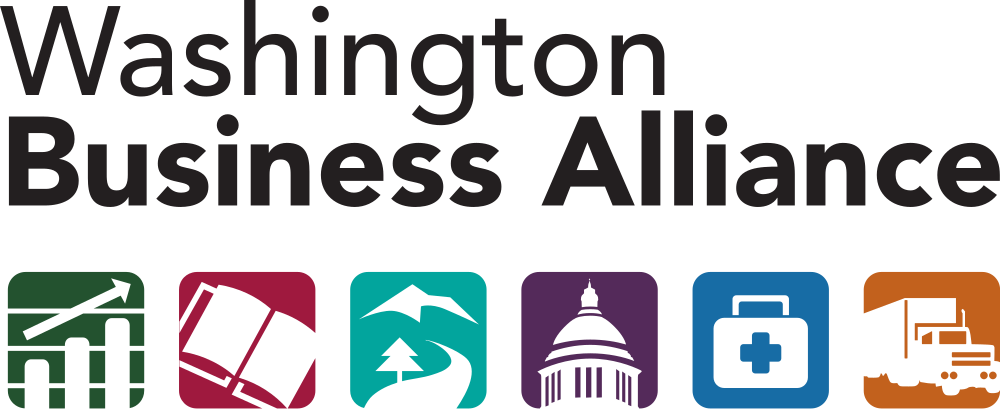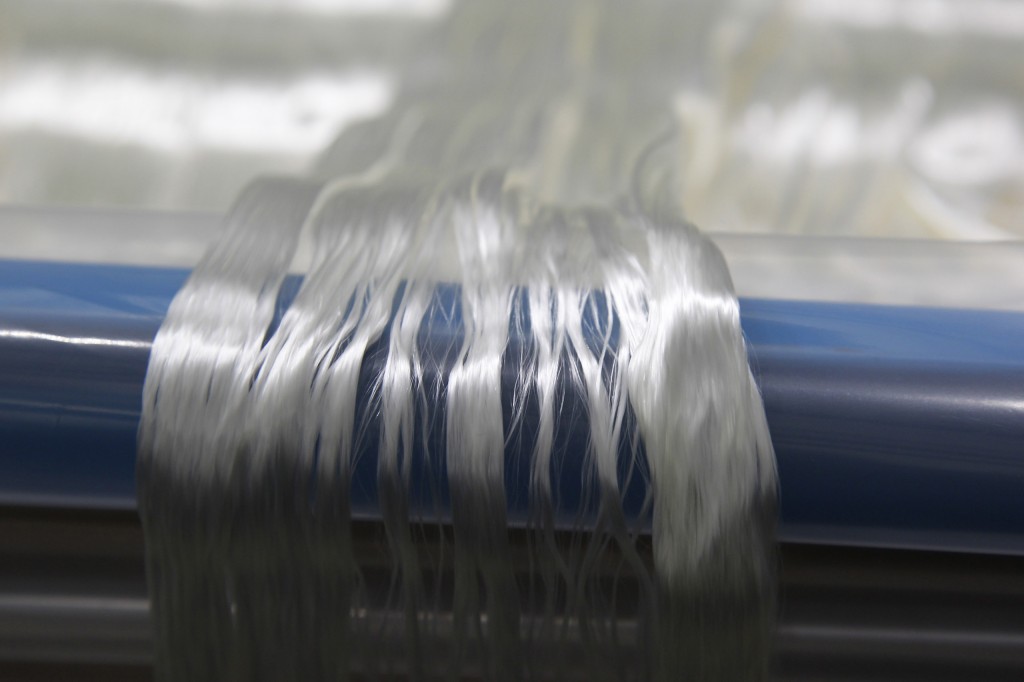
What does Washington State’s future look like? Before you consult your crystal ball, take a look at some of the tech trends that are transforming the business landscape and making our state a global leader.
- Manufacturing of advanced materials such as carbon fiber composites,
- Agricultural technology, and
- Cloud computing.
Let’s review the potential for our state in these fields – and where you can get the skills to be part of the action!
1. Advanced Materials
Apple created quite a buzz in 2014 when it revealed a component of it’s new IOS devices called “sapphire glass.” The name isn’t just marketing — this extremely strong and scratch-resistant new touchscreen material is laboratory-made, laser-cut, synthetic sapphire.
Like many other advanced materials, the sapphire glass found in new Apple devices is very power-intensive to create. Sapphire glass production requires roughly 100 times more power than rival Gorilla Glass.
Where should tomorrow’s innovative but energy-intensive materials be produced? Washington State is the natural destination for this activity. First, Washington’s bountiful hydropower provides businesses with the lowest electricity costs in the country. Second, that same cheap electricity is also the cleanest energy supply in the US — tied with Vermont. And to top it off, this state has decades of expertise arounds composites and semiconductors from the aerospace and computing sectors.
Materials innovation is all over consumer electronics, but it’s applications are far broader. Defense, medicine, transportation, industrial equipment, and more are all being transformed by advanced materials engineered in laboratories.
According to the Washington Economic Development Commission (WEDC), advanced materials “include new materials or modifications to existing materials with superior properties such as improved conductivity, durability, strength or elasticity. The composites industry is an emerging pillar of Washington’s manufacturing sector.
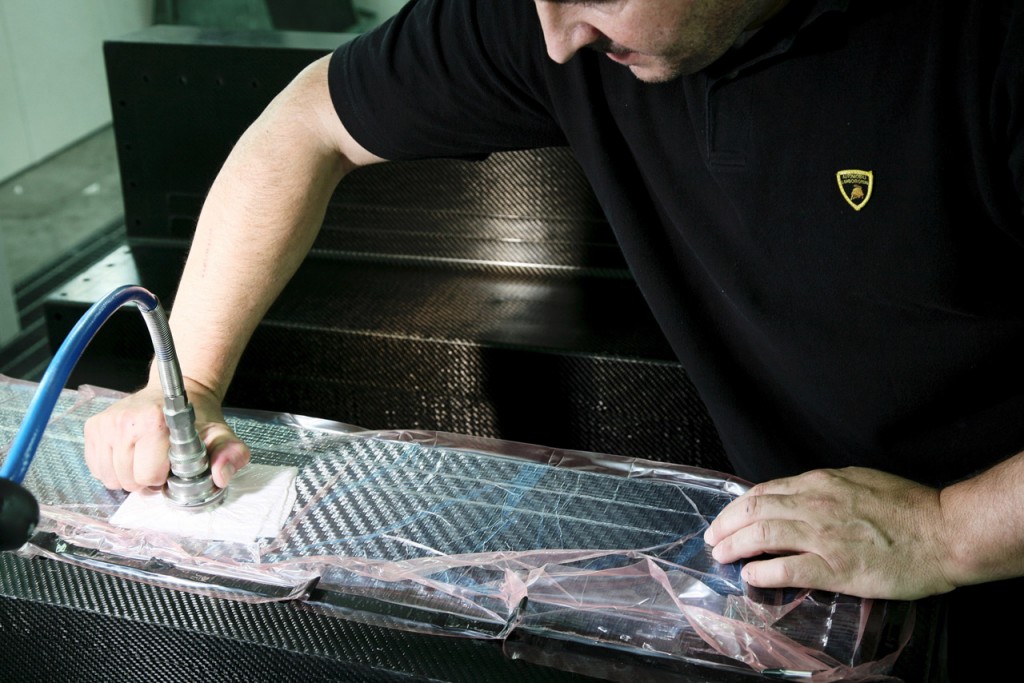
The White House sees the promise of advanced materials manufacturing and is actively working to build a materials innovation infrastructure linking universities to industry. The Materials Genome Initiative for Global Competitiveness is a national effort to double the speed with which the country discovers, develops and manufactures new materials. “Whether we’re talking about high-efficiency, high-temperature jet engines, solar cells that generate electricity as inexpensively as coal, wind turbines that use magnets free of rare-earth elements, or the biocompatibility of replacement joints and implants, materials matter,” said Cyrus Wadia from the White House Office of Science & Technology Policy.
Washington State is already leading in the field of carbon fiber manufacturing. Look at SGL, which supplies BMW with carbon composite shells for their i-series. SGL has been taking advantage of the state’s cheap hydropower at its Moses Lake production plant since 2010. They’ve brought a huge infusion of investment into the rural area too. The plant originally cost $200 million, and last year SGL announced plans for a $100 million expansion.
Composite manufacturing is big business in Washington, and it’s here to stay. Boeing will be producing the carbon fiber wings of it’s 777X jet in Everett for years to come. Lamborghini maintains a lab within the University of Washington’s Department of Aeronautics and Astronautics that conducts training and R&D related to composites manufacturing. Many firms in aerospace, transportation, marine, wind energy, and recreation industries are committed to replacing aluminum with carbon fiber composites.
Select Educational Opportunities
- Bellingham Technical College (AAS-T in Electro Mechanical Technology)
- Clover Park Technical College (AAS-T in Material Science)
- Edmonds Community College (AAS-T in Materials Science Technology)
- Western Washington University (BS in Plastics & Composites Engineering)
2. Agricultural Technology
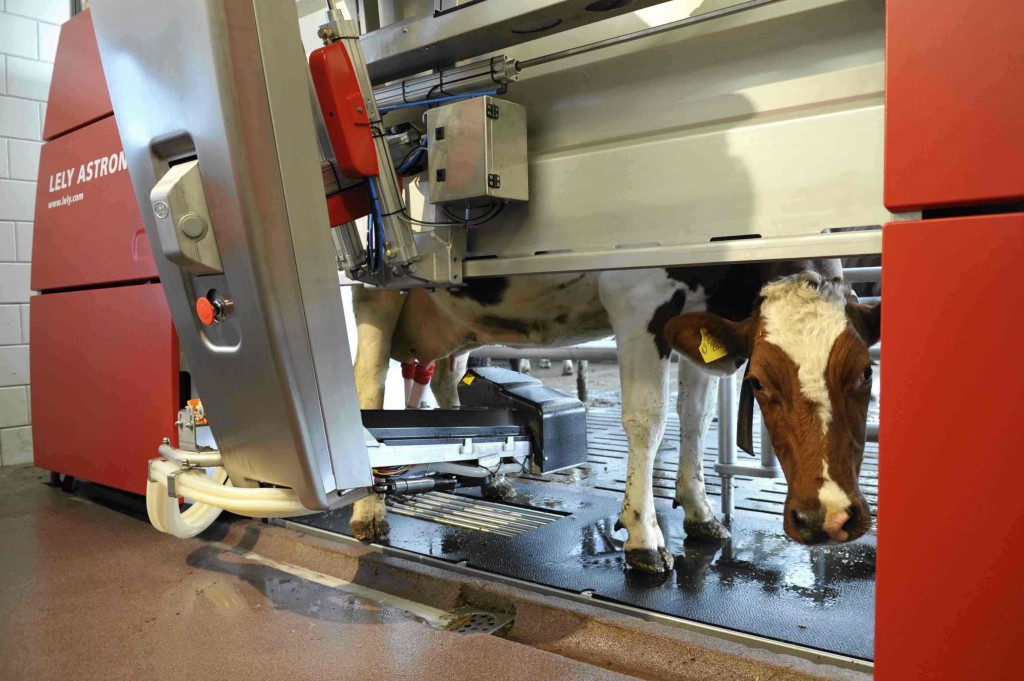
Farming may have a decidedly old school image, but Washington State farming is centered on technology and innovation just like any other competitive industry.
According to the WEDC, agricultural technology includes ”products, services, and activities that increase plant productivity, seed yields, improvements in pesticides, sustainable agricultural practices, soil and water management, improvements in refrigeration and packaging, [and] achievements in food processing.”
Here’s one easy indicator of the prevalence of high tech in the “ag” sector: robots in the milking parlor. Washington’s organic dairies are leading the herd toward new technology that harnesses automation and big data to help produce better milk from happier cows.
Robotic milking parlors are voluntary milking systems which are changing the relationships between cows and farmers.
“Cows have free access to the robotic milking machine, which automatically scans and cleans their udders and attaches the teat cups before milking. The robot also tests the milk from each teat for impurities, diverting abnormal milk away from the storage tank. It collects 120 data points about each cow, which it recognizes by a transponder worn around her neck. The cows can choose to be milked up to six times per day but average about three milkings. Lely, the robots’ Dutch manufacturer, describes this as “the natural way of milking,” as it more closely approximates how often cows nurse their calves.
Instead of enabling gross industrialized megafarms, technologies like this do the opposite — the automation here is helping the farms become smaller, sustainable, and more humane.
Let’s examine another innovator whose work is shaping Washington State’s future. Railex is a refrigerated rail service specializing in full service perishable logistics. They transport fruits, vegetables, dairy, fine wines, craft beers, meat, seafood, supplements, and other perishable and/or temperature-sensitive cargo to all four corners of the United States. Railex’s Pacific Northwest terminal is located in Walla Walla, Washington.
Through fast, low carbon transportation of perishable goods, Railex and others to come will expand the scope of Washington State’s agricultural exports by growing the area in which Washington farmers can responsibly and reliably ship their goods.
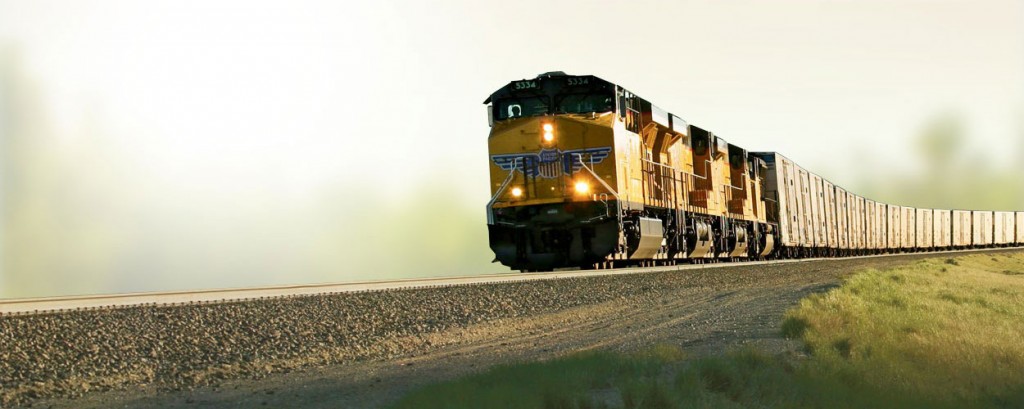
Some agricultural innovators are finding new uses for farm waste. In the town of Lynden, Vander Haak Dairy has won national recognition for their invention: anaerobic digesters that convert farm waste to electricity. Anaerobic digesters take a natural bacterial process and accelerate it in an enclosed facility resembling a big, concrete box. As organic material like cow manure is broken down, methane gas is released, fueling a generator generator which produces electricity. Beyond manure, the Vander Haaks also partnered with local food processors who had food waste disposal needs. Electricity produced by the generator is sold to local utility companies and is sufficient to power 400 homes for an entire year.
In many regions of Washington, agriculture is the driving force of the economy. The state’s food industry has a combined overall value of $49 billion — 13 percent of the total economy. Tech infused agriculture and new transportation systems could transform Washington’s more rural regions, building statewide supply chains by better linking food producers to consumers, processors, and ports.
Select Educational Opportunities:
- Walla Walla Community College (AAAS in Agri-Business)
- Walla Walla Community College (AAAS in Agricultural Science & Technology)
- WSU Pullman (BS in Agricultural Biotechnology)
- WSU Tri-Cities (BS in Viticulture & Enology)
3. Cloud Computing
Cloud is the future of computing — and Washington is the future of the cloud.
Cloud computing involves deploying groups of remote servers and software networks which allow centralized data storage and online access to computer services. To quote the WEDC, cloud companies provide “internet-based software and services that a customer can use remotely, thereby eliminating the need for customers to install, maintain and support software programs on their home and business computers.”
Washington is becoming a major hub for cloud computing technology. Energetic Washington companies compete across the entire cloud computing value-chain, from diverse applications all the way down to the level of hardware and server farms. Seattle has become a hotbed of cloud technology over the past 18 months. All the local cloud expertise has already compelled the biggest tech giants to develop new Washington-based engineering offices. Alibaba, Apple, Dropbox, Facebook, Google, and Twitter have all jumped onboard.
The emergence of cloud is entangled in all the other macro tech trends which people have been buzzing about lately: the internet of things, interactive gaming, streaming media services, big data, and machine learning. Cloud has paved the way for the internet of things by making it possible for everyday objects to be embedded with connectivity, process real-time data, and talk to each other. Without the cloud, these technologies would suck up massive amounts of energy. In the gaming world, players can now indulge in breathtaking gaming experiences from anywhere because of the cloud. Streaming media services like Netflix, Spotify, and SoundCloud are taking advantage of cheap, public cloud space, making it easier for consumers to listen and watch what they want when they want. Perhaps most exciting is the way that the cloud has accelerated the development of smart machines. Machine learning means that computers program themselves when exposed to new data. This technology can and will permeate all industries, increasing productivity in ways unimaginable.
The cloud operates on four basic levels: servers & hardware, infrastructure, platforms, and applications. Washington State has companies competing on all four levels of the cloud value chain. At the server level alone, the state’s inexpensive and low-carbon electricity makes for an attractive data center location.
While the value of keeping cloud computing in Washington is obvious to many, the legislature doesn’t seem to be in the loop. In 2013, Microsoft announced interest in expanding its data centers in Quincy. Washington let the opportunity slip through the cracks, while other states bent over backwards to accommodate Microsoft. Iowa offered a $20 million break on sales tax and got the gig. Washington got what the Seattle Times called “a billion dollar lesson.” Let’s hope it stuck! Our cheap, environmentally friendly power, wasn’t enough.
Washington State should harness the cloud cluster and encourage supportive industries. Cloud computing is energy, land, and labor intensive. The state should make sure that startups and established firms alike have access to local expertise on power, cooling, real estate and construction.
Select Educational Opportunities:
- CodeFellows – Seattle (Web Developer Skills Training)
- Seattle Central Community College (Web Development)
- Spokane Community College (AAS in Software Development)
- Whatcom Community College (AS in Computer Information Systems)
